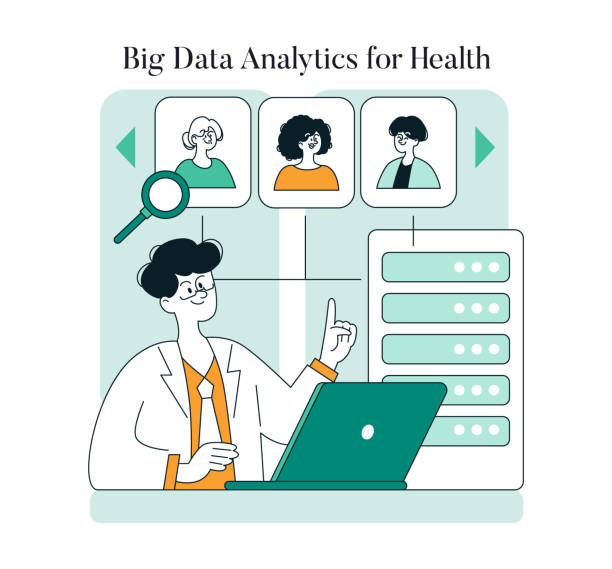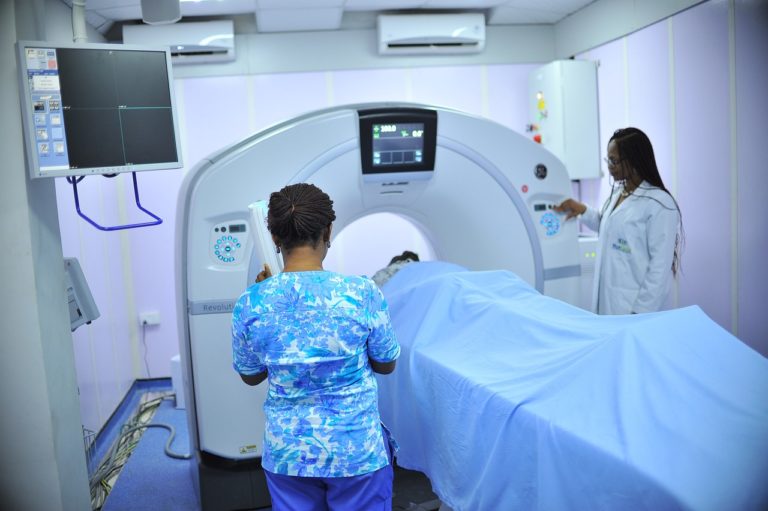Book Appointment Now

The Role of Data Analytics in Patient Outcomes
In today’s rapidly evolving healthcare landscape, data analytics in patient outcomes has become a transformative force in enhancing the quality and effectiveness of patient care. From reducing complications to enabling more personalized treatments, healthcare providers increasingly leverage data to make informed, precise decisions that significantly improve patient outcomes.
Get a custom nursing paper help on the role of data analytics in patient outcomes assignment
Order Custom Nursing Paper
How Data Analytics Drives Patient-Centered Care
Using healthcare data analytics, providers can gain insights into trends, patterns, and potential risks among patient populations, which are crucial for shaping individualized care strategies. By collecting and analyzing data from diverse sources such as Electronic Health Records (EHRs), wearable devices, and clinical databases, providers can pinpoint specific needs and deliver interventions that are both timely and tailored to individual patients.
This patient-centered approach, driven by predictive analytics in healthcare, offers a powerful tool for proactively identifying and addressing health issues before they escalate. For instance, patients with chronic conditions can be closely monitored, reducing the risk of hospitalization or severe complications through early intervention.
Real-World Applications of Data Analytics in Reducing Patient Complications
One of the most impactful uses of data-driven decision-making in healthcare is in minimizing the likelihood of complications. By utilizing predictive algorithms, healthcare teams can identify patients at high risk for conditions such as sepsis, hospital-acquired infections, or readmissions. With this data at hand, they can implement preventive measures like increased monitoring or early medication adjustments to mitigate these risks.
Data analytics also allows for effective resource allocation in hospitals. For example, by analyzing trends in patient admissions, hospitals can better prepare for influxes in patient volume, ensuring adequate staffing and reducing overburden on healthcare workers, which ultimately leads to better patient care.
Personalizing Treatment Plans Through Data-Driven Insights
Personalized care is a major benefit of leveraging data analytics in patient outcomes. Using insights derived from patient history, lifestyle data, genetic profiles, and treatment responses, healthcare providers can create custom-tailored treatment plans that align closely with each patient’s unique health profile. This kind of individualized care has proven to increase patient engagement, improve compliance with medical advice, and lead to better overall health outcomes.
For example, oncology departments increasingly use predictive models to assess the likelihood of treatment success and potential side effects, adjusting treatment regimens accordingly. This approach maximizes treatment efficacy while minimizing discomfort for the patient, demonstrating how data-driven insights can guide precision medicine.
Enhancing Clinical Decision-Making with Real-Time Data
The integration of real-time data in nursing and other clinical roles has reshaped how healthcare teams make critical decisions. Clinical decision support systems (CDSS) use real-time data to alert medical staff to potential issues, allowing for quick responses to urgent situations. For instance, when a patient’s vitals start to show signs of instability, nurses can be alerted instantly, enabling timely intervention that could be lifesaving.
Additionally, CDSS solutions help reduce errors in medication administration and dosage, decreasing adverse reactions and improving safety. This is crucial in high-stakes environments like intensive care units, where every decision carries significant weight.
Future of Data Analytics in Patient Outcomes: A Path Forward
The potential of data analytics in patient outcomes continues to expand as technology advances. Emerging trends such as artificial intelligence and machine learning are expected to deepen insights, enabling even more nuanced and predictive analytics. For instance, AI can assist in predicting disease outbreaks, managing healthcare resources, and anticipating patient needs in ways that go beyond what human intuition alone could achieve.
For healthcare organizations, investing in data analytics infrastructure and training staff in data-driven decision-making is essential to fully leverage these capabilities. By prioritizing data literacy and ensuring security and privacy in data handling, hospitals and clinics can foster a culture that consistently focuses on patient care optimization.
In conclusion, data analytics in patient outcomes is not just a technological advantage but a profound shift toward more effective, responsive, and patient-centered healthcare. With the ongoing advancements in data-driven technologies, the healthcare industry is well-positioned to enhance patient experiences and improve clinical outcomes across all levels of care.
Also read:
- MHA-FPX5064 Assessment 2: Using Data for Decision Making
- Compare and contrast data analytics, specifically the use of explanatory or predictive analysis







